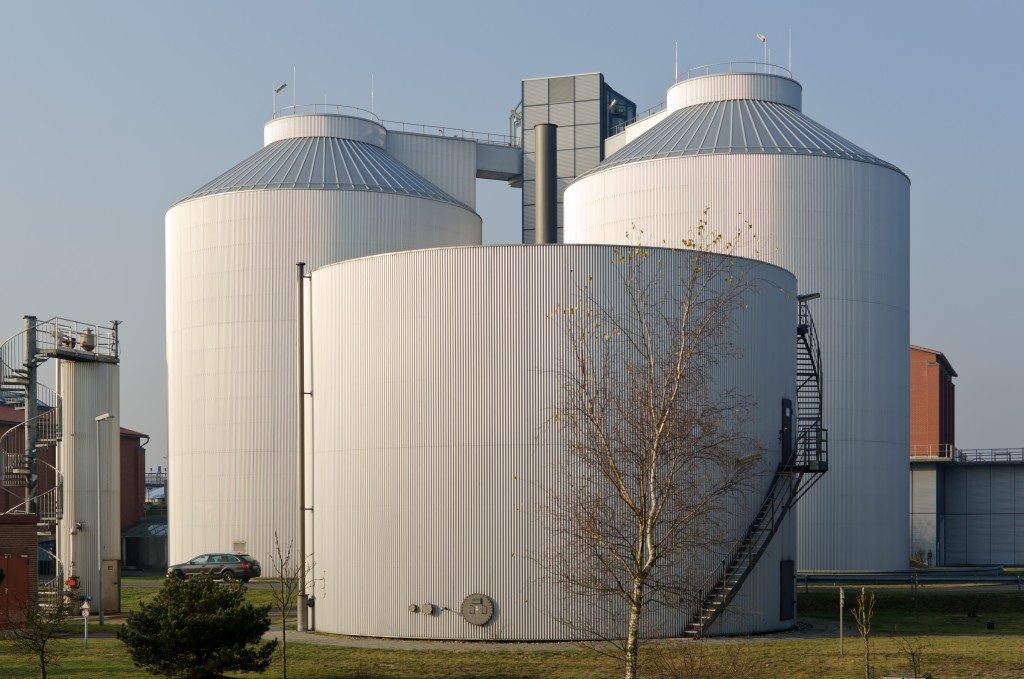Utilized mainly to monitor as well as control a significant number of plant processes, supervisory control and data acquisition, or more commonly known as SCADA, is a computer system of both hardware and software elements. It allows organizations to be able to work with real-time data, control processes over long distances, interact directly with devices such as valves and motors through human-machine interface software, and even record significant events into a log file.
SCADA has revolutionized the processes of organizations across different industries. At present, SCADA systems are being used in a variety of ways. There are SCADA systems for solar PV power plants, water sewage treatment plants, and traffic control devices. Here are some of the different applications of SCADA systems today:
Manufacturing
From their birth to the present times, SCADA systems have played a big role in industrial organizations, specifically those that are involved in manufacturing. In fact, SCADA was introduced to benefit manufacturing plants and remote sites, which used to rely on manpower to manually control equipment. Nowadays, SCADA is used to aid in the management of raw materials as well as inventory items. It is also used in controlling automated systems simultaneously. It is also helpful in regulating robots and automation and in monitoring processes in addition to quality control.
Public transportation and traffic control
In some countries, authorities in charge of mass transit make use of SCADA in order to regulate the electric supply used in subways, trolley buses, trams, and the like. Furthermore, the system is also being utilized for automating traffic signals in rail systems, tracking and locating trains and buses, and controlling railroad crossing gates. Aside from its enumerable uses on land, a SCADA system can also be used in controlling air traffic.
Electric power systems
Nowadays, SCADA systems play an essential role in electric power generation plants, transmission areas, and even distribution systems. These utilities make use of SCADA systems in order to detect line voltage and current flow. In addition, they are also being utilized in monitoring the operation of circuit breakers as well as in taking sections of the power grid online or offline.
Water treatment and supply management
A number of state and municipal water utilities make use of SCADA systems in order to monitor and regulate the flow of water, pipe pressure, reservoir levels, and other such factors. They are also used in sewage treatment plants and play a significant role in distribution.
Buildings and facilities

In some areas, managers of buildings or facilities utilize SCADA systems to control lighting, HVAC, refrigeration units, and entry systems. They are also useful in oil and gas distributions and communication networks.
From their conception up to modern times, SCADA systems are integral parts of organizations, especially those that are involved in manufacturing or making use of plant systems. Through SCADA, data can be gathered and analyzed in real time. This function is a great help in making sure that those in management positions will be able to make well-informed decisions.
